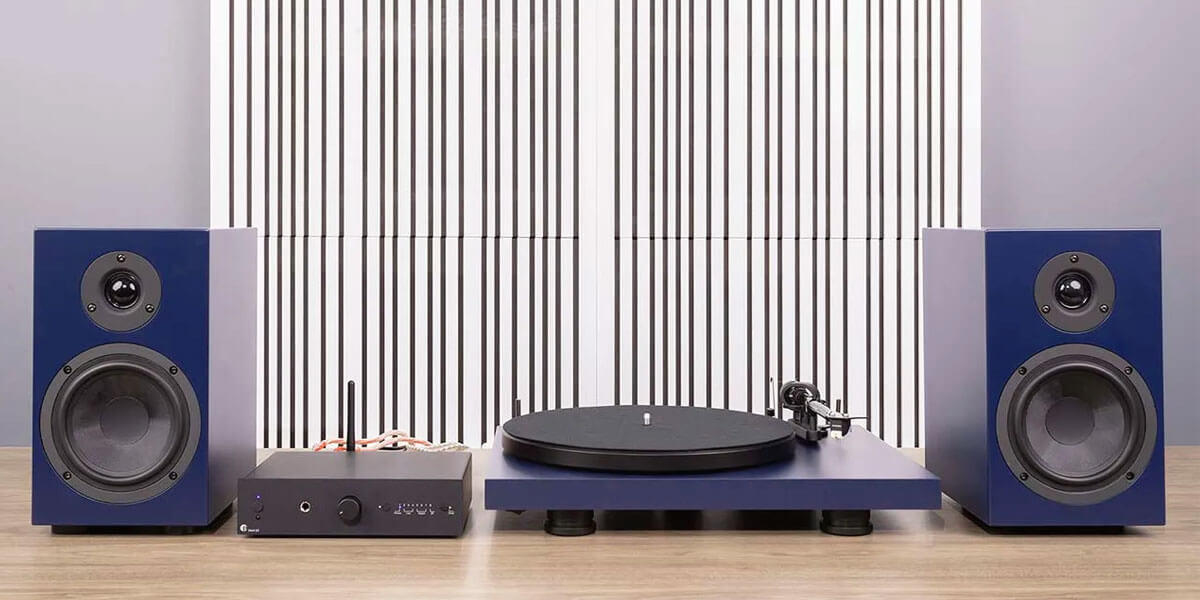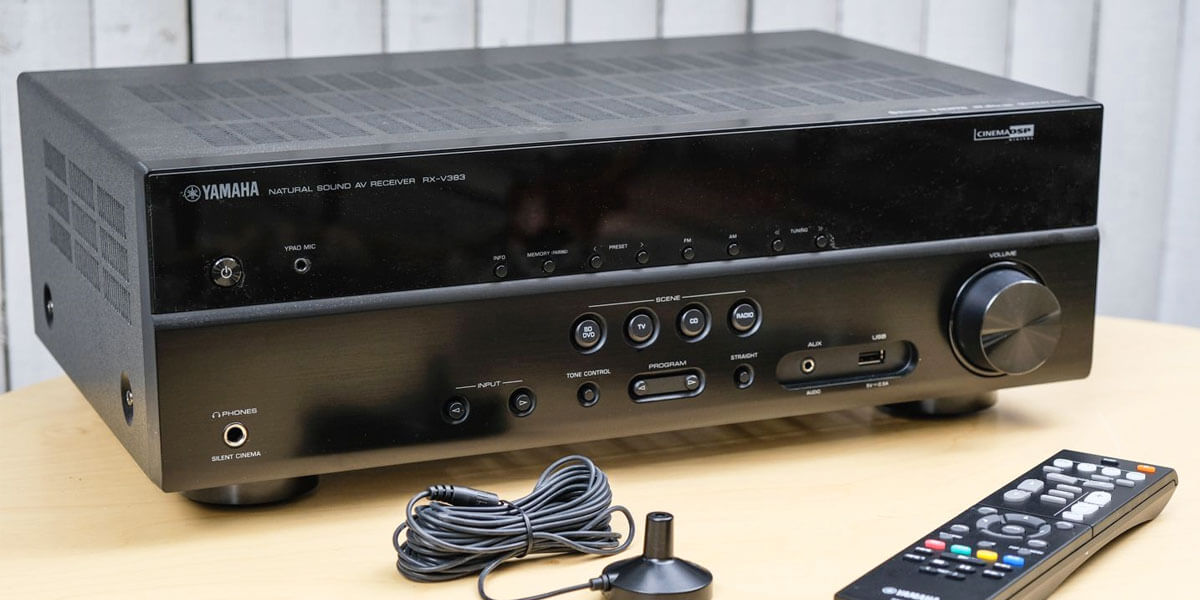Speaker frequency response is one of the most fundamental characteristics of your audio equipment, or simply put, your speakers. This parameter defines the range of audio waves your speakers can play, so it’s one of the most important specs to pay attention to when choosing your audio equipment.
Blog
At Preemptive Media, we are dedicated to exploring the intricate relationship between physics and the captivating realm of sound. Whether you’re a musician, an audio engineer, or simply a curious individual, our platform is designed to unravel the mysteries behind the science of sound and enhance your understanding of music.
Finding the Sweet Spot: Choosing the Best Hz Range for Bass
When it comes to achieving the best bass frequency for your music, finding the perfect balance is critical. The presence of bass frequencies is important for producing a dynamic and captivating audio sensation, enhancing the fullness, intensity, and quality of the sound as a whole.
Speakers-Receiver Compatibility: Does It Matter for Your Audio Setup?
Matching speakers with an amplifier or receiver is really not a big deal today, as manufacturers of both sides make the devices with approximately the same impedances. Thus, in most cases, plugging any speakers into any amplifier or AV receiver will end in success, and all the listeners will have no critical remarks about the sound.
Total Harmonic Distortion (THD) Explained: Understanding Audio Quality
What is a THD in audio? This question is really interesting to many beginners in the sound world. Total Harmonic Distortion, or THD, is just one of the parameters of your audio device. Some audiophiles or musicians with absolute musical hearing are able to hear it, but for most people, it’s impossible to hear the harmonic distortion, which is below 1%.
AV Receiver Ratings: Watts, Channels, and Impedance Explained
When you’re looking for a new AV receiver, you will most likely rely your choice on the specifications indicated on the device box, particularly its power ratings. And it’s quite wise as the objective characteristics of an AVR allow us to understand its potential.





